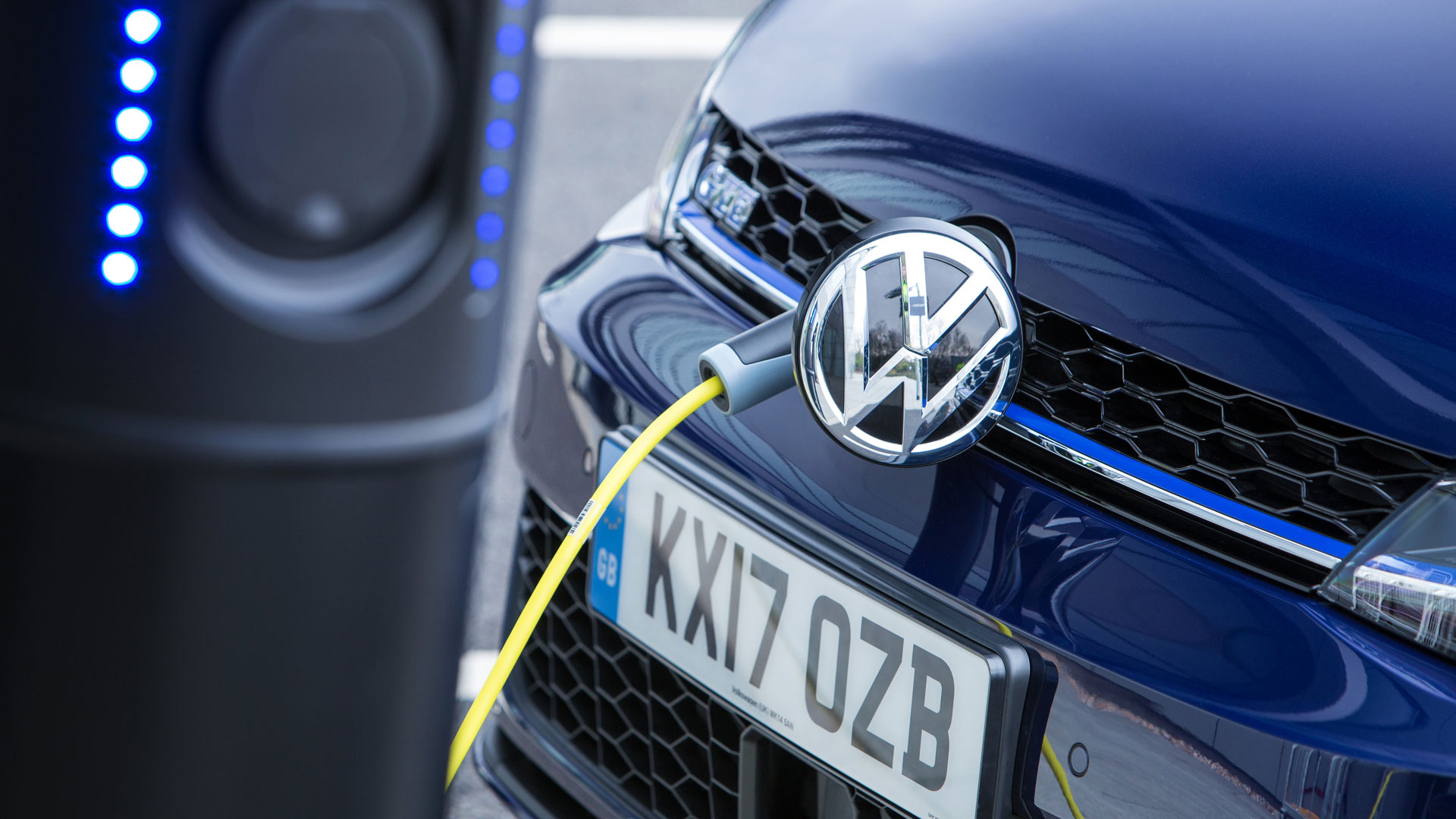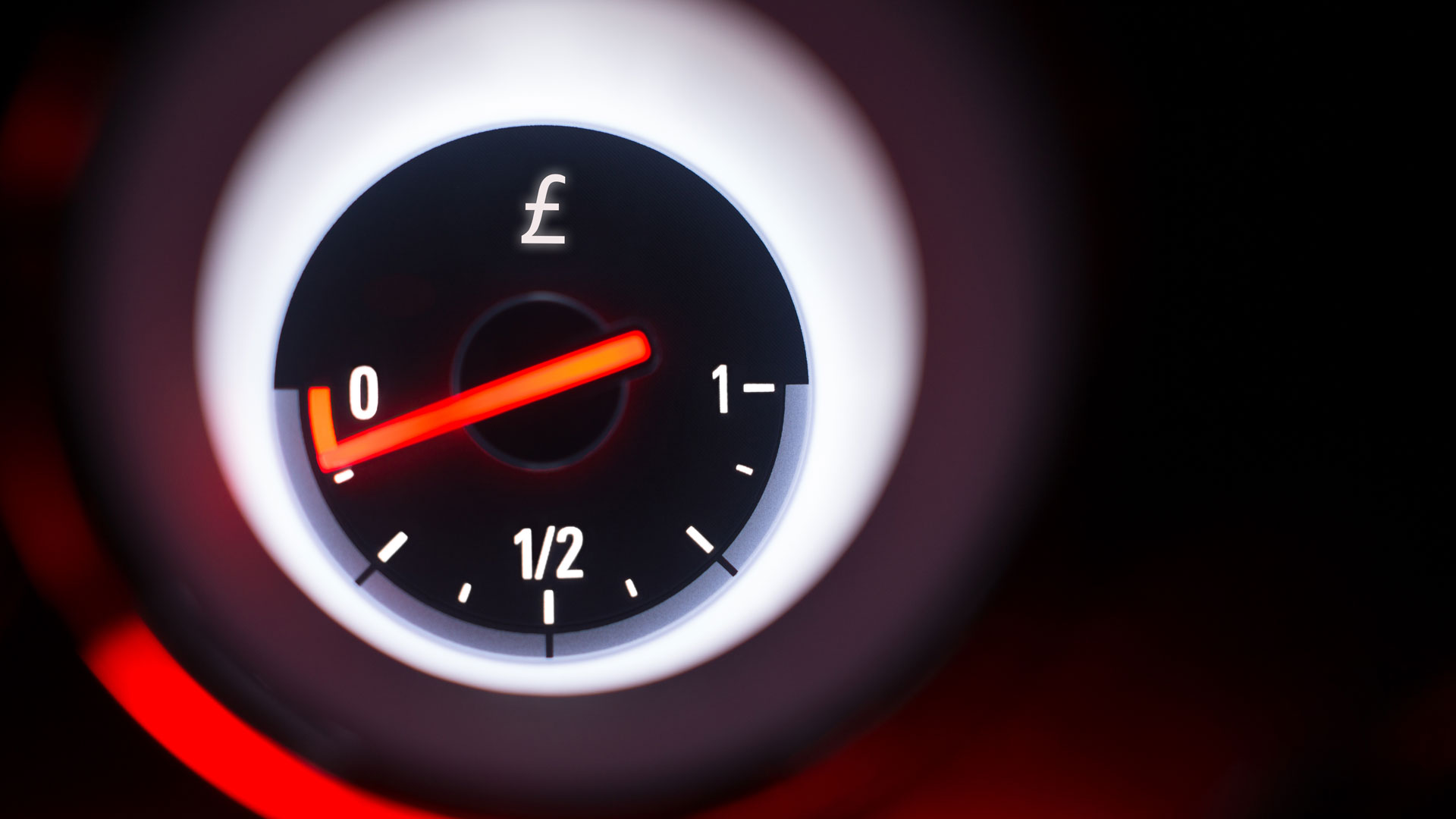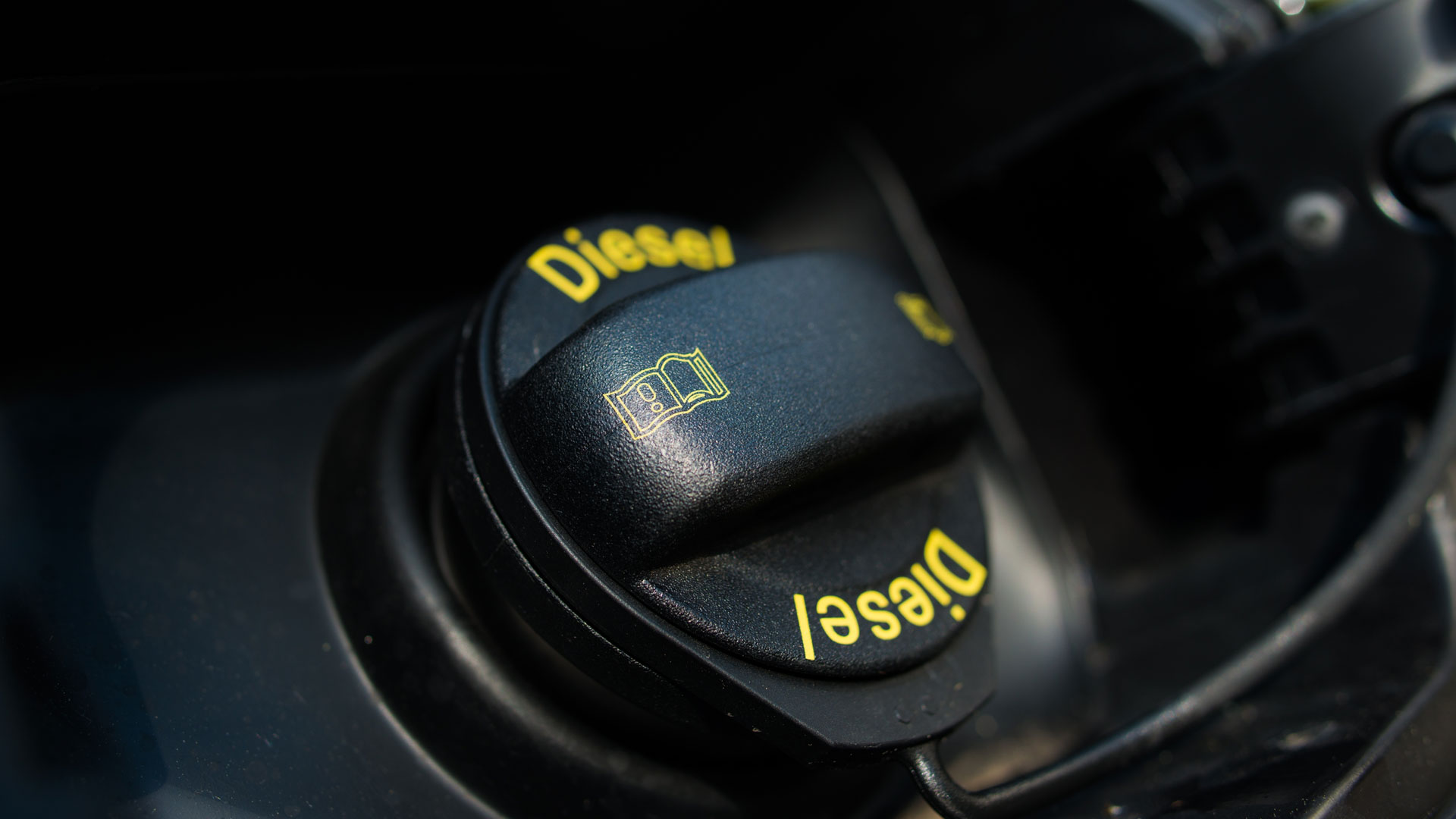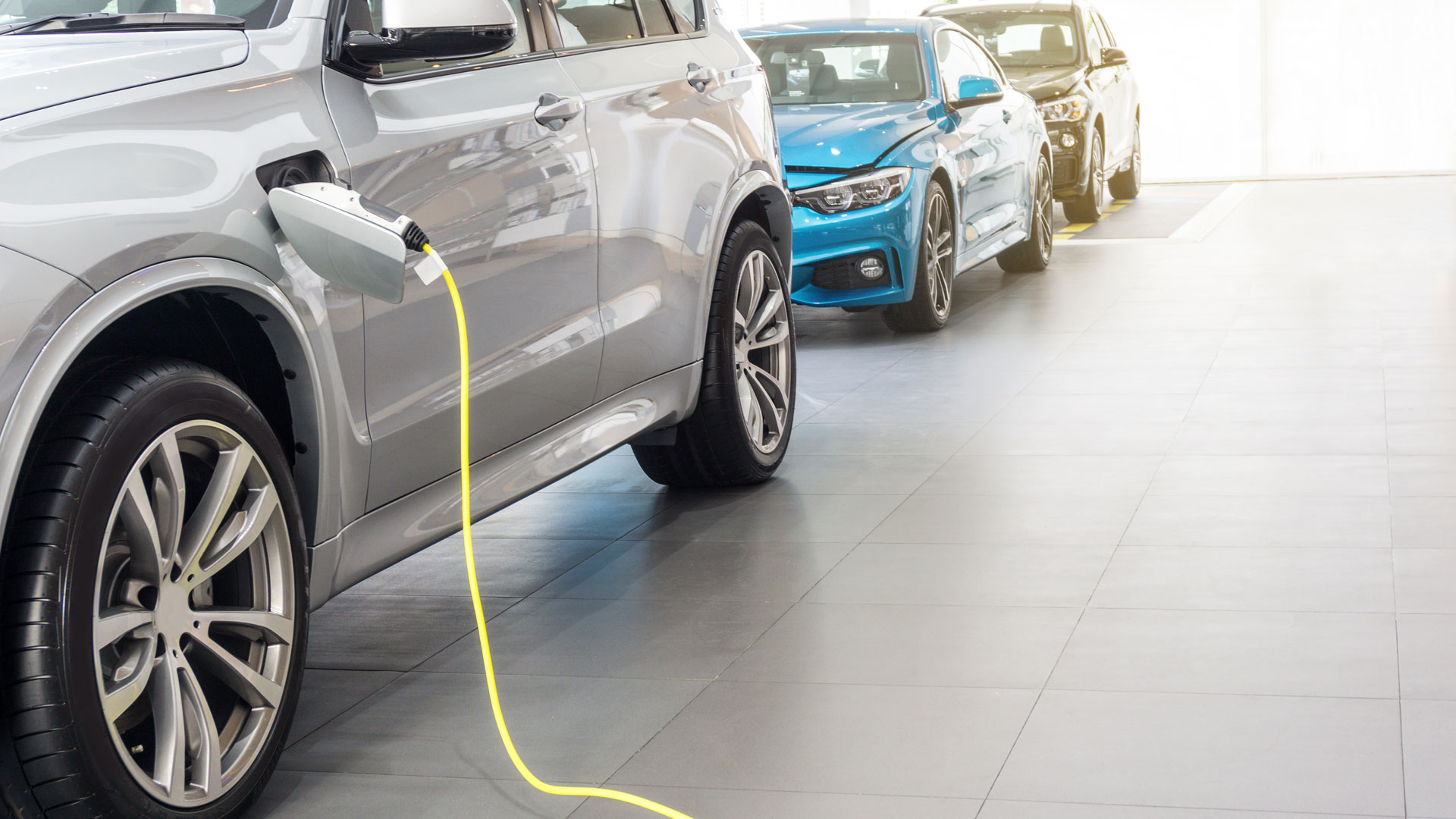
Deciding the fuel type of your new car used to be simple. Diesels were workhorses that sounded like black cabs, hybrids were the choice of the open-minded (or open-toe sandaled), and petrol was for performance.
Today, those lines have become blurred. You can buy refined diesels, highly efficient petrol engines and performance-oriented hybrids – along with plug-in hybrids that function like electric cars when their batteries are charged.
Every different type and body style of car: explained
To help you choose the right fuel/engine type, we’ve listed some key points to consider before you buy.
Purchase price
Whatever your budget, purchase cost is an important consideration. It can vary enormously within a model range, with fuel type being a major factor.
As a general rule, the more advanced or economical the car’s powertrain becomes, the more expensive it will be to buy.
So a diesel car usually costs at least £1,000 more than its petrol-engined equivalent – and the clever technology in a hybrid costs more again. But your outgoings don’t end there, of course…
Fuel economy
While weighing up list prices on dealer forecourts or used car prices in the classifieds, you also need to consider how many miles you drive each month.
A diesel is typically around 30 percent more economical than a petrol engine of similar output, with that advantage being greater the larger and heavier the car.

Hybrids can be even more thrifty, but it very much depends on how you use them. Regular hybrids such as the Toyota Prius (also known as ‘self-charging’ hybrids) are most efficient around town.
And plug-in hybrids, such as the Mitsubishi Outlander PHEV, only deliver optimum economy if you recharge them before every journey.
The price of fuel differs as well – with diesel currently costing around 5p per litre more than petrol at the pumps. So you need to gauge your likely mileage first.
Better still, come up with an annual cost comparison, as we’ve done below with three derivatives of the Volkswagen Golf.
Note: we used the outgoing Mk7 model as the Mk8 Golf GTE hybrid hasn’t been tested yet. Fuel prices are averages in April 2020, according to the AA.
| Costs | VW Golf petrol: 1.4 TSI (5dr) DSG SE Nav | VW Golf diesel: 2.0 TDI (5dr) DSG SE Nav | VW Golf GTE hybrid: 1.4 TSI (5dr) DSG Advance |
| List price | £22,865 | £25,515 | £32,600 |
| Average fuel cost* | 110.4 per litre | 115.6 per litre | 110.4 per litre |
| Combined mpg | 54.3mpg | 64.2mpg | 156.9mpg |
| Annual fuel cost (10,000 miles) | £924.29 | £818.58 | £319.88 |
This illustrates the diesel-powered Golf will only save you around £106 a year in fuel, assuming like-for-like driving styles over 10,000 miles. Given that the car itself cost £2,650 more to buy, it would take 25 years to claw back that initial outlay.
By contrast, the hybrid costs nearly £10,000 more than the petrol to buy, but (theoretically) uses around one-third of the fuel. With a £604 annual saving at the pumps, it will take 16 years to break even. That said, if you plug in to charge every day and mostly do short journeys, you could recoup the difference much sooner.
Longevity
Car technology is developing fast in the motor industry – but how long will it last? That’s of particular concern to buyers of hybrid cars, which place huge reliance on battery power. How many years or miles will the cell last? And how much will it cost to replace?
Renault has a battery leasing scheme to help alleviate those concerns. So, if the item fails, owners can automatically swap it for a new one. Other brands cover the hybrid and battery components under a separate warranty (typically five to eight years).
As for traditional fuel types, diesels have always been regarded as more durable. However, all modern engines should be capable of clocking up at least 200,000 miles if serviced regularly. In reality, it’s body corrosion and the failure of high-cost parts (often elecrronics) that usually end an old car’s life.
Tax
Road tax has been dictated almost entirely by carbon dioxide (CO2) emissions since 2001.
If you buy a new car now, your annual VED (Vehicle Excise Duty, the official name for road tax) will be based on CO2. If the car fails to meet the Real Driving Emissions 2 (RDE2) standard, you will pay slightly more.
For cars registered between 1 April 2017 and 31 March 2020, the first payment will have been higher – known as ‘showroom tax’ – particularly if the car’s list price was over £40,000. Thereafter, the rate is based on fuel type and CO2 emissions.
If your car dates from before 1 March 2001, VED is based on engine size. And cars over 40 years old pay no road tax at all.
The picture is far from clear, then, and our best advice is to use the government tax tables and calculate your annual costs before you buy.
The environment
The most recent technology is almost certainly going to be the ‘greenest’. But the government’s ever-changing stance on what is bad for the environment, and the levies that accompany that, make choosing a car difficult.
Plug-in hybrids – and even pure electric cars – aren’t totally in the clear, as the electricity used to charge their batteries often comes from polluting power stations.
Petrol power was long considered the dirtiest option, and slammed for its higher CO2 emissions. Thus businesses were incentivised to stock their fleets with diesels. However, diesel cars have recently been stripped of their eco-credentials, and local authorities are implementing ways to restrict their use – particularly in urban areas.
Carmakers are at pains, though, to stress that the latest Euro 6 diesels are virtually as clean as petrol cars in all measurable tailpipe emissions.
ALSO READ
How to find the cheapest petrol and diesel near you



